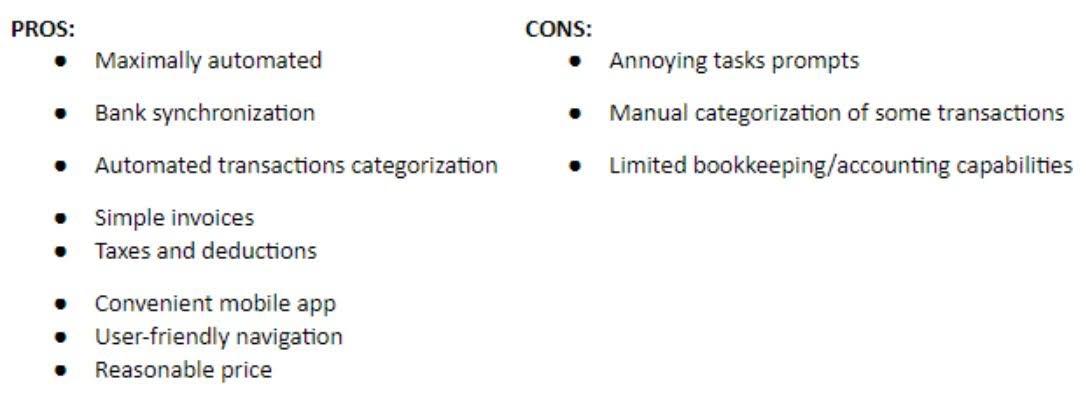
And so when you have a question that feels as urgent as this war does for a lot of people, I think it reverberates in an incredibly intense way on those campuses. And there’s something like — I don’t know if it’s quite a contradiction of terms, but there’s a collision of different values at stake. So universities thrive on the ability of students to follow their minds and their voices where they go, to maybe even experiment a little bit and find those things. Isabella says that this was just the beginning of a really tense period between student protesters and the University. After those two student groups were suspended, campus protests continued. They asked that the University divest from businesses that profit from Israel’s military operations in Gaza.

“Go back to the intent, and document what you were thinking of.” He also advises firms not to sign PPP applications on clients’ behalf — the head of the business should do that. Do they hold back, like at Harvard, where there were dramatic videos of students literally running into Harvard yard with tents. And so Columbia, really, I think, at the end of the day, may have kicked off some of this. But they are now in league with a whole bunch of other universities that are struggling with the same set of questions. And it’s a set of questions that they’ve had since this war broke out. And so as Isabella and her colleagues at the college newspaper see it, there’s this overall chilling effect that occurs.
How the pandemic has impacted the way accountants work
Although remote services were relatively uncommon until the pandemic tsunami, the pattern of offshore accounting has been caught up in the surge, and the entire market is being swept by the current to distant shores—and fast. What’s more, major league features like Artificial Intelligence, Machine Learning, and Business Intelligence, which were once accessible only to corporate giants, are now within reach of any small business through such cloud-based systems as QuickBooks how has covid affected the accounting profession Online. BooksTime has been a long-time proponent of QuickBooks, Xero, and other cloud solutions. Small businesses in particular found themselves thrust into the vortex of a cyclone that threatened to rip them from their foundations and tear them apart. The accounting profession will use the pandemic as an opportunity to rethink how it operates, Nettleton said. It’s important for companies to consider employees’ mental health in times of disasters or crises, Nettleton said.
The plodding pace of change in the decade preceding 2020 shifted from evolution to revolution, bringing with it unique challenges, pressures, and questions. The coronavirus pandemic is different, he said, because technology has evolved. Now there is access to “lightning-fast internet access” for much more affordable prices. Three weeks after Katrina ravaged Louisiana, he said, the firm set up 6-foot tables as workstations. Management teams made sure that workers who had lost everything in the storm sat next to people who had not sustained major losses.
script.className = ‘optanon-category-C0002’;
A secondary effect of cloud computing is equally stunning but not as widely understood, namely, the shift to offshore accounting. On the one hand, paper receipts don’t pile up on the bookkeeper’s desk until they can get around to entering them. Whether a business is battening down the hatches to weather the gale or gearing up to meet unexpected demands, everyone feels the effects of the pandemic storm of the century. As these changes weave themselves into the fibers and sinews of Main Street USA, the fact becomes obvious—Dorothy is not in Kansas anymore, and no ruby slippers can take her back.
Bourke said his firm used Teams before the pandemic, but many people didn’t embrace it. Once they were forced to work from home, he said, that changed quickly. Such changes, once considered radical, have already proved successful amid COVID-19, said Jim Bourke, CPA/CITP/CFF, CGMA, a partner and managing director of advisory services at Withum, which has 1,300 employees and 20 offices on the East Coast and in California.
